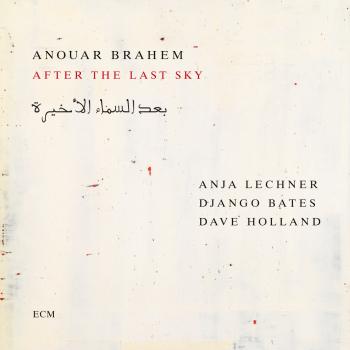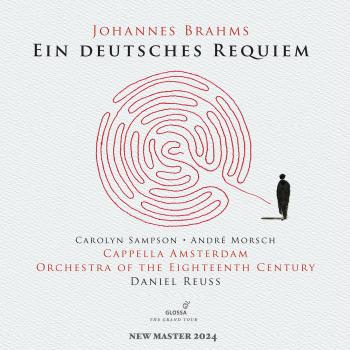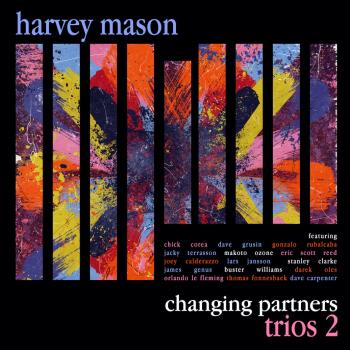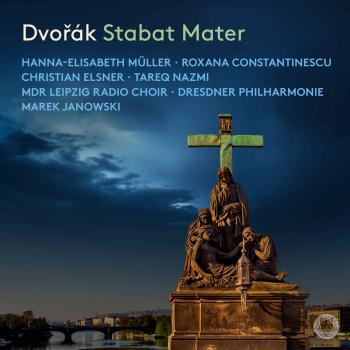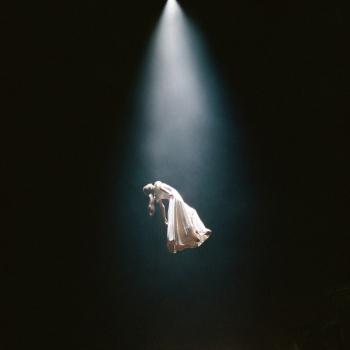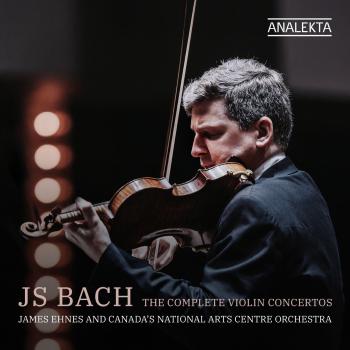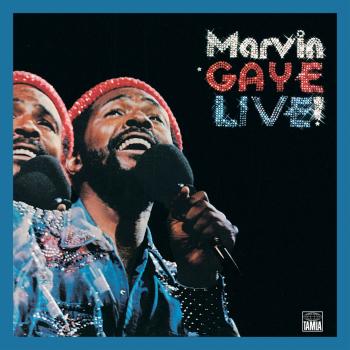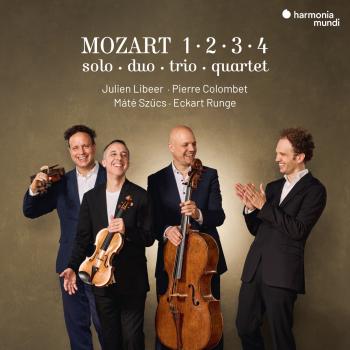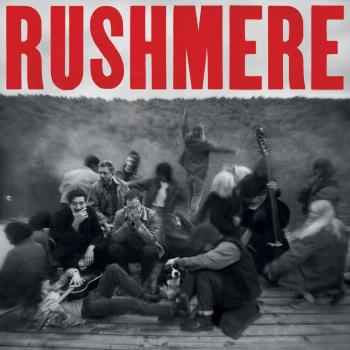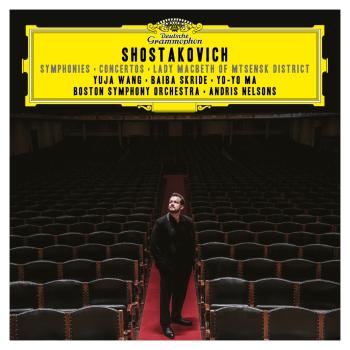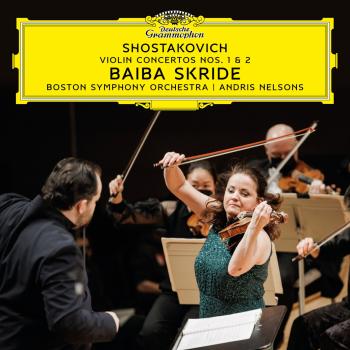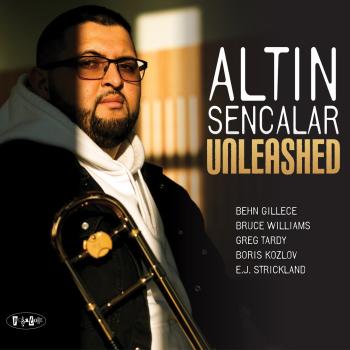
When Frank Zappa composed his album The Yellow Shark, he was convinced that the music was too difficult to be played by humans. Then he met the Ensemble Modern from Frankfurt am Main and was proved wrong. Now the talented ensemble has expanded into an orchestra and recorded works by the British composer Sir George under Benjamin's direction.
Benjamin is a pupil of Messiaen and began composing in the early 1980s. With the Ensemble Modern, with which he has been associated for more than three decades, he has condensed a cross-section of his musical output into a good 51 minutes on the recently released album George Benjamin (Live).
Benjamin's works generally relate to aspects and objects in reality, which he attempts to capture and recreate in sound. The opening two pieces Palimpsest I and Palimpsest II attempt this with the overlays found in medieval scripts, in which the new text on the parchment stands over the scraped-off old characters, which sometimes shimmer through slightly.
The three movements of At First Light refer to the painting Norham Castle, Sunrise by William Turner. Here, too, the image of impression in sound, whereby the model is a painting and the resonance to it occurs some 140 years later. What is particularly interesting here is the different expression, which in Benjamin's work merges dissonance with dynamics far more intensively than in Turner's.
For music connoisseurs, however, the concluding two pieces Canon and Fugue: I. Canon in Hypodiapason (Live) and Canon and Fugue: II. Contrapunctus 7 (Live) are likely to be even more interesting. Bnjamin has arranged the compositions by Johann Sebastian Bach, focussing on horns. The arrangement for nine musicians corresponds to the instrumentation of Pierre Boulez' Mémoriale with a flute, two horns and six strings. The music is very soft, which is also due to the partly plucked violins and the mutes of the horns, which cheat a hint of Eisler and jazz into the background.
Acoustically, the recording is excellent. The small ensemble as well as the orchestral line-up are completely transparent, well-sorted and well-tempered. A positive aspect is that the passages rich in treble come out of the loudspeakers brightly but not shrilly and the overall structure is very finely woven despite all the momentum.
The fact that the live recordings were made at different locations - Benjamin and the Ensemble Modern Orchstra gave a total of five concerts with three different programmes in September 2023, one each in Berlin, London, Cologne, Frankfurt and Amsterdam - cannot be detected in the recordings. This homogeneity of the recording is another big plus overall.
With so much goodness, it is not surprising that Benjamin and the Ensemble Modern have a long-standing bond; the album reflects this. (Thomas Semmler, HighResMac)
Anna Prohaska, soprano
Ensemble Modern Orchestra
Sir George Benjamin, conductor
Photo: ©Chris Christodoulou

